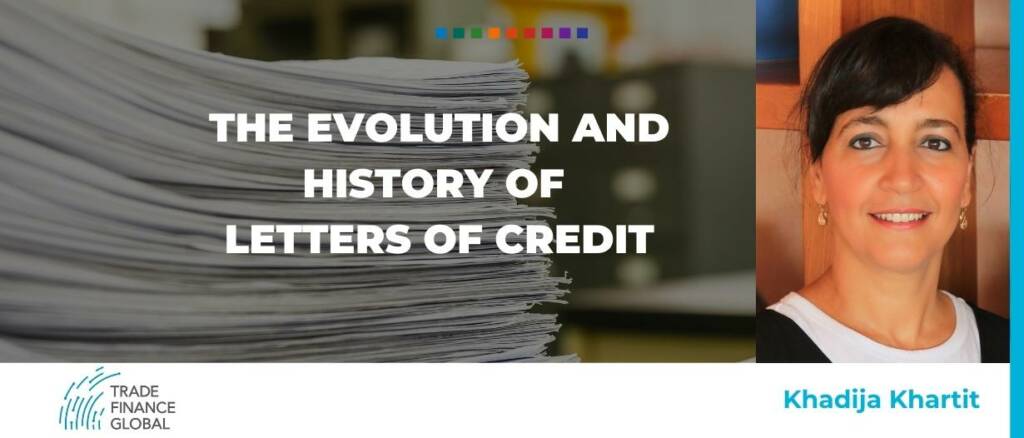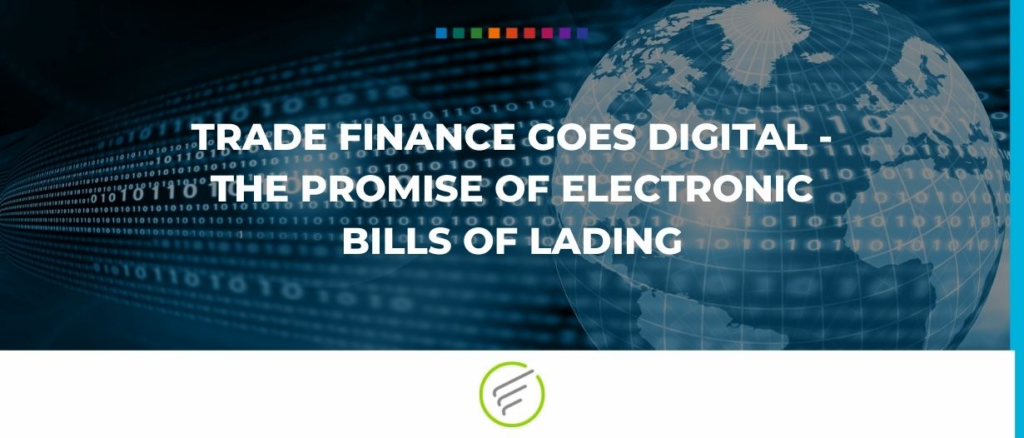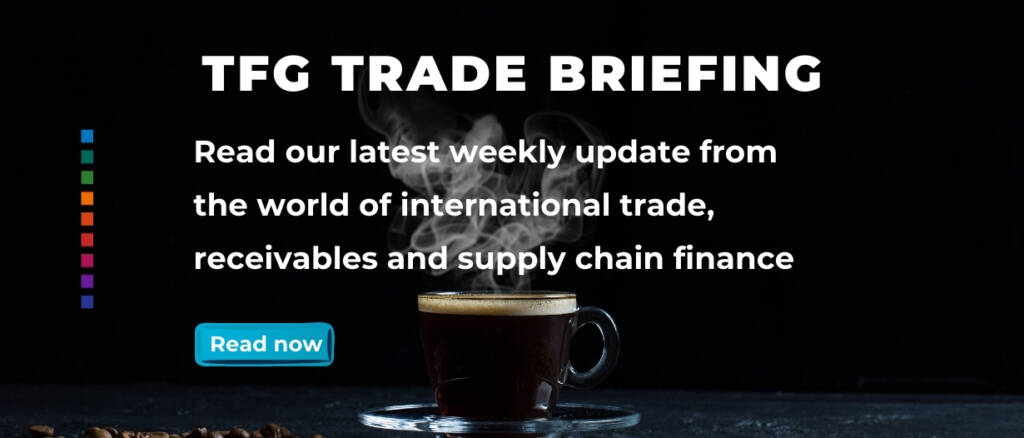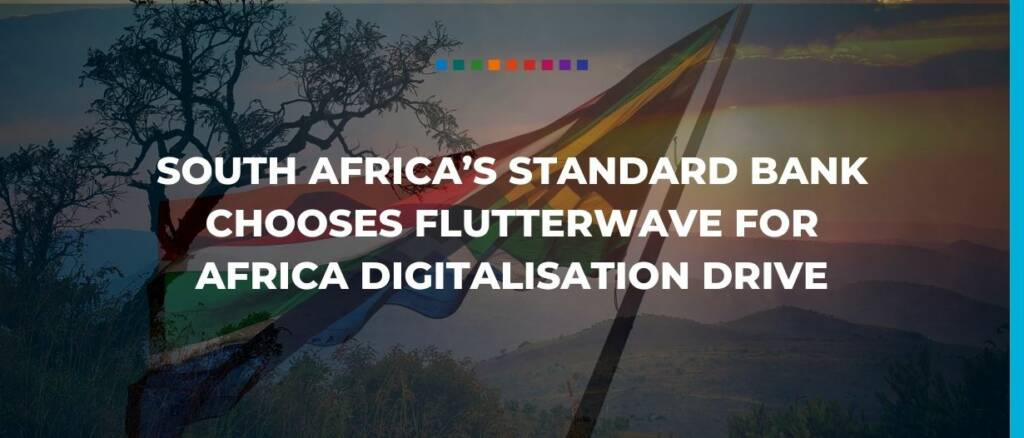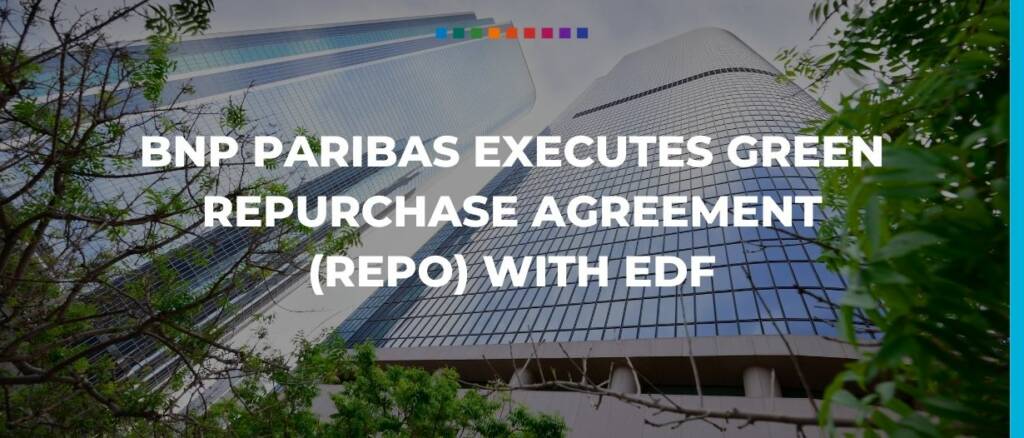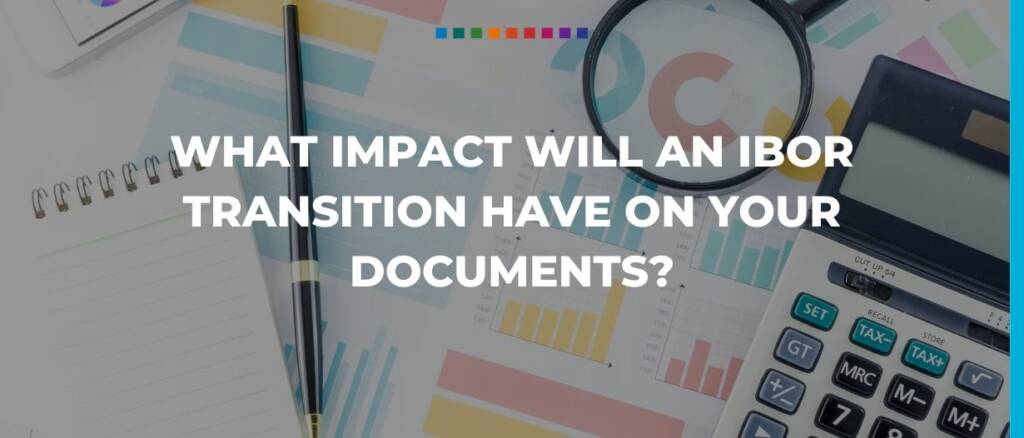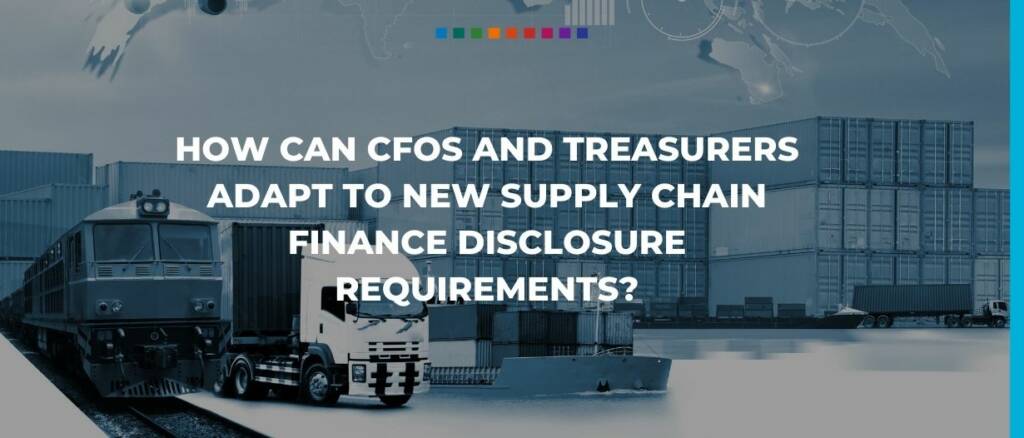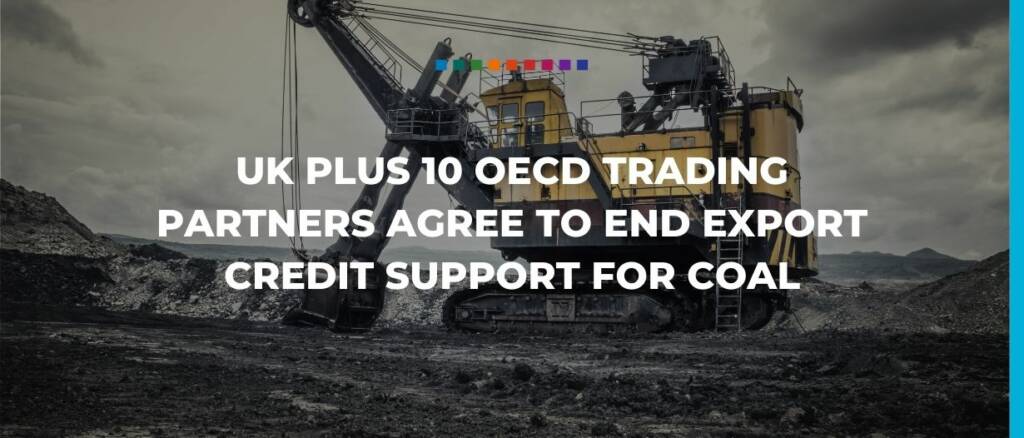Letters of credit emerged in Europe in the 1800s. However, in their early days the functionality of letters of credit was limited, due to the non-uniformity of national laws.
Banking trade finance products risk being left behind, given the speed at which technology is changing.
Your morning coffee briefing from TFG. Boris Johnson warns there is ‘huge way to go’ at COP26. Rishi Sunak announces new UK budget. New podcast episode with Pole Star and CarbonChain on partnership. SMEs need $50tn investment to meet global net zero goals, says new HSBC, BCG report. And TFG hears from ITFA’s Paul Coles on Structured LCs, MRPAs and the LIBOR transition.
South Africa’s Standard Bank has launched a new digital payments partnership with Africa-based fintech Flutterwave. Under the terms of the deal, Standard Bank customers in eight African countries will be… read more →
If your work involves international trade transactions, you will find that one of the most common and useful SWIFT Codes that you will encounter is SWIFT code MT 754.
French international bank BNP Paribas has executed a green repurchase agreement (repo) transaction with state-owned utility company Électricité de France (EDF). The two companies have worked jointly to structure and… read more →
The UK Financial Conduct Authority (FCA) plans to transition from the London Interbank Offered Rates (LIBOR) to Risk-Free Rates (RFRs) by the end of 2021, to restore trust and integrity in the market. This shift comes after several banks manipulated their interest rates for profit, disturbing trust in the global economy.
Steven Lauricella explains the five things CFOs and Treasurers need to know about the new regulations, and how alternative solutions can be harnessed to fund crucial supply chain initiatives.
Merchants would go on voyages for several weeks, if not months, in a caravel, carrack or clipper to the Far East, or elsewhere, to buy cotton, wool, tea, spices or other commodities. They would be equipped with a Letter of Credit in their trunk, often handwritten by the clerk of their high street banks.
The UK and ten major trading partners have agreed to end export credit support for unabated coal-fired power plants















